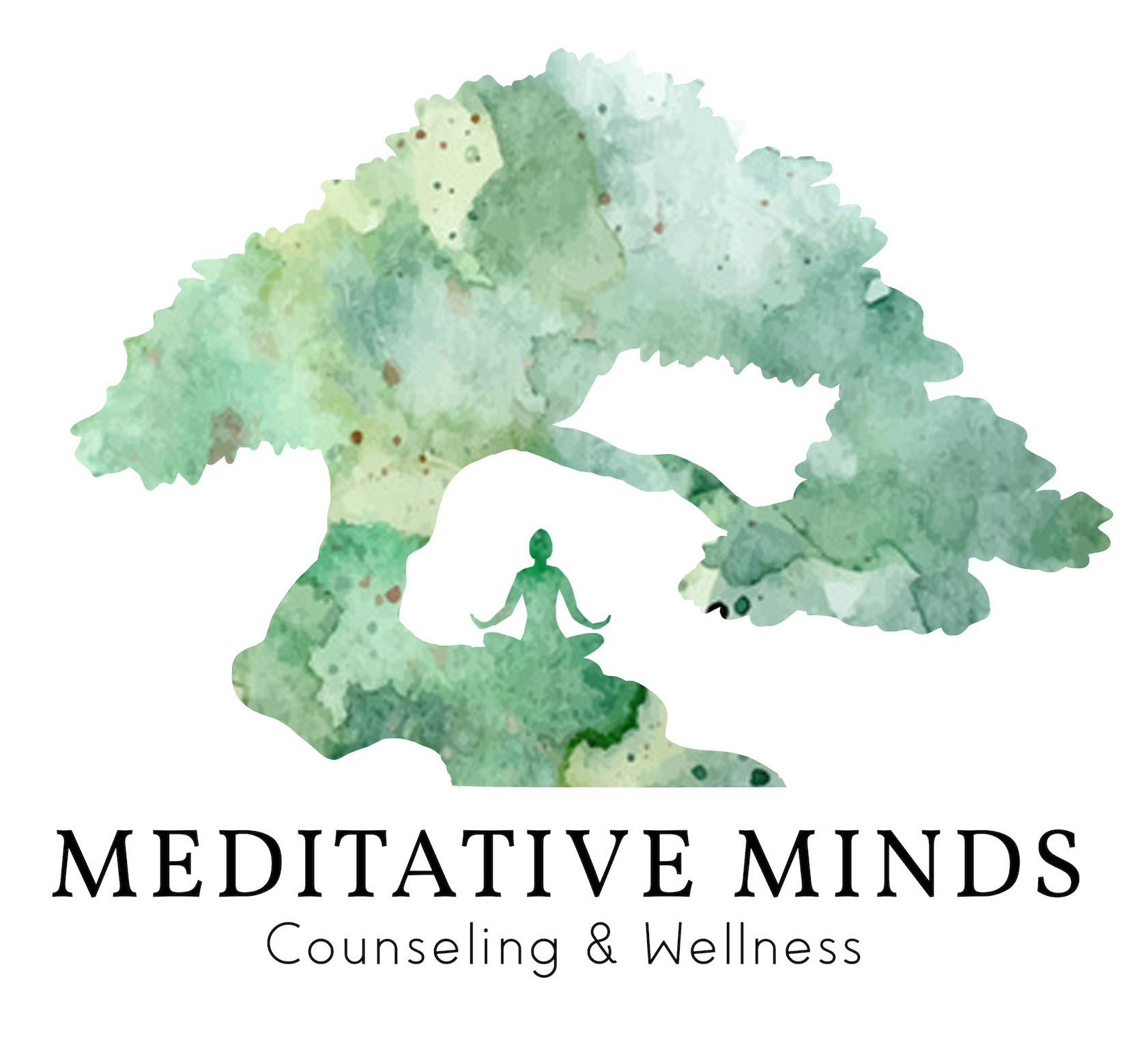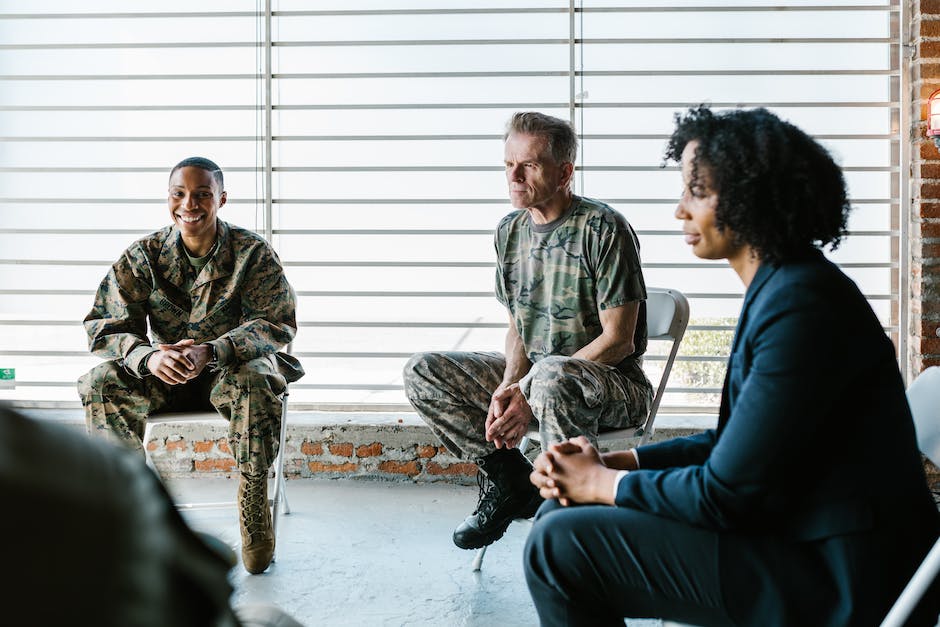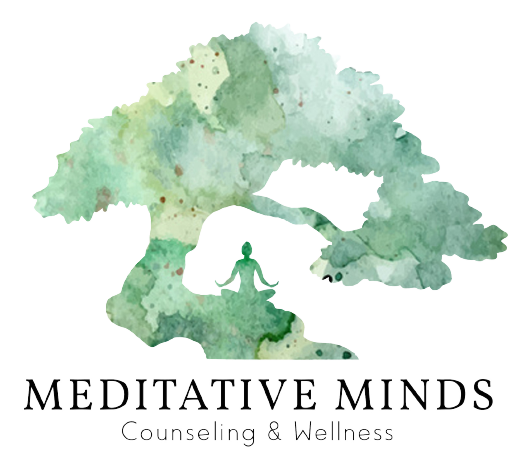In today’s fast-paced world, where distractions abound and attention spans dwindle, the art of listening often takes a backseat in our interactions. Yet, it’s a skill of paramount importance, not just in our personal relationships but also in professional settings. Enter therapy, a space where the art of listening is not only appreciated but cultivated to its fullest potential. In this blog post, we delve into the profound ways in which therapy enhances communication by honing our ability to truly listen. From active listening techniques to fostering empathy and understanding, therapy provides a nurturing environment where individuals can develop the crucial skills needed for effective communication. Whether you’re seeking to improve your relationships, navigate conflicts, or simply become a better listener, exploring the intersection of therapy and communication promises invaluable insights that can transform the way you engage with the world around you. Join us on this journey as we uncover the transformative power of listening in the realm of therapy.
A Journey Through Therapy

In a world where everyone seems to be talking, the art of listening often gets overlooked. Yet, it’s in listening that we truly connect, understand, and empathize with others. This journey through therapy explores how the simple act of listening can transform not only our communication skills but also our relationships and overall well-being.
- The Importance of Active Listening: Therapy begins with listening. In sessions, therapists provide a safe space where clients can express themselves without judgment. But equally important is the therapist’s ability to listen actively, not just to the words spoken but also to the emotions underlying them. Through mirroring, paraphrasing, and reflecting feelings, therapists model the essence of active listening, teaching clients to do the same in their interactions outside the therapy room.
- Deepening Empathy: Empathy lies at the heart of effective communication. As clients share their stories and struggles in therapy, they experience firsthand what it means to be truly heard and understood. This experience cultivates empathy, enabling them to recognize and resonate with the experiences of others. Through therapy, individuals learn to step into someone else’s shoes, fostering compassion and connection in their relationships.
- Overcoming Communication Barriers: Many of us face barriers to effective communication, whether it’s fear of judgment, past traumas, or simply not knowing how to express ourselves. Therapy provides a supportive environment to explore and overcome these barriers. Through role-playing, communication exercises, and honest dialogue, clients learn to communicate more openly and authentically, breaking down walls that hinder genuine connection.
- Strengthening Relationships: Communication is the lifeblood of relationships. Yet, misunderstandings, conflicts, and miscommunications often strain our connections with others. In therapy, individuals learn invaluable relationship skills, from assertive communication to conflict resolution. By practicing these skills in the therapy room, clients gain confidence in expressing their needs, resolving conflicts constructively, and building stronger, more fulfilling relationships outside of therapy.
- Cultivating Self-Reflection: Effective listening isn’t just about hearing others—it’s also about listening to ourselves. Therapy encourages self-reflection, inviting individuals to explore their thoughts, feelings, and beliefs with curiosity and compassion. Through this process, clients develop a deeper understanding of themselves, their triggers, and their communication patterns, empowering them to make conscious choices in how they relate to others.
How Therapy Improves Communication in Relationships”

Communication is the cornerstone of any healthy relationship. It’s how we express our needs, listen to others, and navigate conflicts. Yet, despite its importance, effective communication often eludes us, hindered by barriers such as misinterpretation, defensiveness, and emotional baggage. In this exploration of how therapy improves communication in relationships, we’ll delve into the transformative power of therapy in breaking down these barriers and fostering deeper, more meaningful connections.
Recognizing Communication Barriers
Before we can address communication barriers, we must first identify them. In therapy, individuals learn to recognize common obstacles to effective communication, such as: Fear of vulnerability: Many of us are hesitant to open up and share our true thoughts and feelings, fearing judgment or rejection. Misinterpretation: Communication breakdowns often occur when messages are unclear or misinterpreted, leading to misunderstandings and conflict. Defensiveness: When faced with criticism or conflict, it’s natural to become defensive, hindering productive communication and resolution.
Creating a Safe Space for Communication

Therapy provides a safe and supportive environment for individuals to explore and address these communication barriers. In sessions, therapists cultivate an atmosphere of trust, empathy, and non-judgment, allowing clients to express themselves freely without fear of repercussions. This safe space encourages honesty, vulnerability, and open dialogue, laying the foundation for meaningful communication and connection.
Developing Active Listening Skills
Effective communication is a two-way street, requiring both speaking and listening. In therapy, individuals learn the art of active listening—fully engaging with and understanding what others are saying. Through techniques such as mirroring, paraphrasing, and reflecting feelings, clients hone their listening skills, fostering deeper empathy and understanding in their relationships.
Navigating Conflict Constructively
Conflict is inevitable in any relationship, but it’s how we handle it that determines its impact. In therapy, individuals learn constructive conflict resolution skills, such as: Active listening: Truly hearing and understanding the other person’s perspective. Expressing feelings: Articulating one’s own thoughts and emotions calmly and assertively. Seeking compromise: Finding mutually beneficial solutions that address the needs of both parties. Managing emotions: Keeping emotions in check and avoiding reactive behaviors during conflict.
Building Trust and Intimacy
Trust and intimacy are foundational to healthy relationships, yet they can be easily eroded by communication barriers. In therapy, individuals work on rebuilding trust and intimacy through honest communication, vulnerability, and mutual respect. By addressing underlying issues and fostering open dialogue, therapy strengthens the bonds of trust and deepens the intimacy between partners.
Conclusion
Meditative Minds Counseling & Wellness in Simi Valley, CA, USA, stands as a beacon for enhancing communication through the art of listening. With their dedicated focus on therapy, they provide a nurturing environment for individuals seeking to improve their communication skills and foster deeper connections with others. By prioritizing active listening and empathy, they empower clients to navigate interpersonal relationships with greater understanding and compassion. Through their commitment to facilitating meaningful dialogue, Meditative Minds exemplifies how therapy can profoundly enhance communication, enriching lives and communities in the process. For inquiries, reach out to them at 805-285-8466.


